The Urban Pioneers Service Project

Motor City Blight Busters (MCBB) has been working to alleviate blight within the city since 1988. The MCBB tears down blighted structures, clears trash, and brings lots to code. Since 2005, the Fertile Ground Collective (FGC) has been an integral part of the MCBB. Once the MCBB has cleared the land, the FGC helps residents in the neighborhood surrounding the lot establish community gardens. In this way, the cleared lots become vital spaces utilized by the community.
Organizing and Building Capacities of Cotton Picking Women for Economic Justice
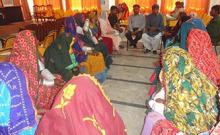
The project promoted rural women’s economic justice trough increase in wages for cotton picking labor.
Comunidades Unidas
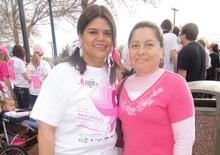
The Latina Breast Cancer Awareness Program has brought free and reduced screenings to hundreds of women in the Salt Lake Valley. This program was created to address ethnic and socio-economic disparities in breast cancer screenings in the Salt Lake Valley. In high-risk areas, just 54% of women over 40 had received a mammogram in 2011. Our Promotores de salud (Community Health Workers) have educated thousands of women and connected hundreds of low-income individuals with clinical breast exams and screening mammograms.
Creating a mother’s organization against malnutrition in Catahuasi
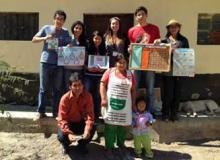
Nutre-Perú is a voluntary organization created and sustained by undergraduates, its main objective is to fight against malnutrition in children under 5 years old in Peruvian rural communities through a program that looks up to create a local organization, constituted by mothers from the community, capable of identifying, evaluating and combating risk factors that endanger the nutrition of the local children.
Farashe Yoga for Healthy Living
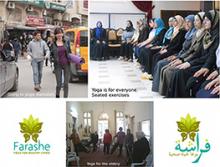
Farashe, which means “butterfly” in Arabic, is a nonprofit and volunteer-based community yoga movement based in the heart of Ramallah and working throughout occupied Palestine. Farashe’s mission is to make yoga accessible for all living in Palestine, as a means to manage stress, improve healthy living, build resilience, and strengthen community bonds. We believe that yoga is a catalyst for transformation and growth within ourselves, families, communities, and the world, whether through physical exercise and healthy nutrition, or through community service and development.
The Waste Not OC Coalition (WNOC)

WNOC is a public-private partnership comprised of the Orange County Health Department, the Orange County Food Bank, Second Harvest Food Bank, Food Finders, and private industry with the overall vision to end hunger in Orange County using a three pronged approach: educating the community about food donations, identifying food insecure individuals, and connecting those individuals to sources of food. WNOC partners with food-producing facilities to donate their excess food instead of throwing it away.
Communities Organizing for Watersheds
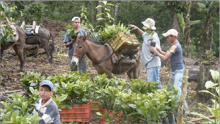
Persistent poverty, adverse weather effects related to climate change and lack of sustainable natural resource management strategies have degraded the forests and rivers of Northern Honduras, imperiling the water, wildlife and general wellbeing of local communities.
Pima County Teen Court
Pima County Teen Court is a juvenile crime diversion program that uses a restorative justice model and community service learning activities to reduce juvenile court recidivism in Pima County, Arizona. Instead of being put in a juvenile detention center, youths are instead “sentenced” by a jury of his or her peers to complete a set of constructive consequences.
Fight Stigma and Improve Health
SORAK Development Agency developed a project that reached out directly to 12,000 persons affected with tuberculosis and HIV with accurate prevention messages using participatory theatre approaches as well as mobilizing them for TB and HIV preventative and treatment services. This led to increased TB case reporting, treatment adherence, and psychosocial support, with 80% of tuberculosis patients getting cured and the remaining 20% continuing with treatment.
Malaria Prevention in the West Nile Region
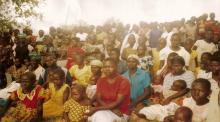
Malaria is the number-one, fatal, endemic disease in the West Nile region—with the Arua district, Ajia, Vurra sub-counties, in particular. Malaria contributes to 62% of outpatient care for children under five (U5s) and pregnant women in health facilities, 35% of inpatient admissions, and 4% of deaths in children under five/pregnant women. Thirty-five percent of pregnant women were inflicted with IPT2 (Fancider) during antenatal care (ANC, also known as prenatal care) during their pregnancies.


